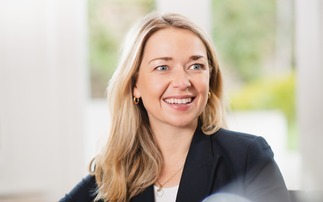Patients with diabetes are less likely to receive the care and treatments recommended for their condition if they are of working age, Diabetes UK has found.
Among under 40s, 29% of those with type one diabetes received the recommended eight annual checks, the annual State of the Nation report from Diabetes UK found.
Of those aged 40 to 64 with type 1 diabetes 47.7% received all eight checks, while 59.9% of aged 65-79 were the most likely to receive all eight checks.
Across both forms of diabetes treatment targets for blood pressure, blood glucose and cholesterol are only being met for a third of patients.
Patients with type one diabetes were less likely to receive checks than those with type two.
In the last year there has been little overall improvement in diabetes care and treatment in England and Wales, the report found.
Some aspects of diabetes care have worsened - the proportion of patients receiving annual checks reducing in the past year from 43% to 41%.
The report also found that diabetes is the leading cause of preventable sight loss in people of working age.
Diabetes currently accounts for 10% of the NHS budget, with 80% of it spent on managing complications.
In the UK there are 3.2m patients with diabetess - 2.7m of whom are adults.
It is estimated a further 500,000 have an undiagnosed case of type two diabetes.
Of diagnosed cases 90% are Type two diabetes. Up to 80% of these cases can be delayed or prevented as the most significant risk factor is being overweight or obese.
Barbara Young, chief executive of Diabetes UK, said: "This is not a question of spending more money. In fact, better ongoing standards of care will save money and reduce pressure on NHS resources.
"It's about people getting the checks they need at their GP surgery and giving people the support and education they need to be able to manage their own condition.
"Doing this, together with improving diabetes care in hospital, would give people with diabetes a better chance of a long and healthy life, and save the NHS a significant amount of money. We want to work with local authorities to be able to help them put good practice into place."










